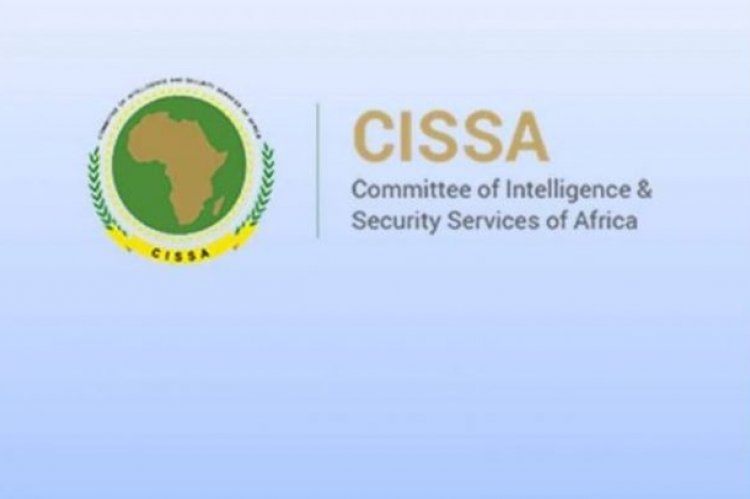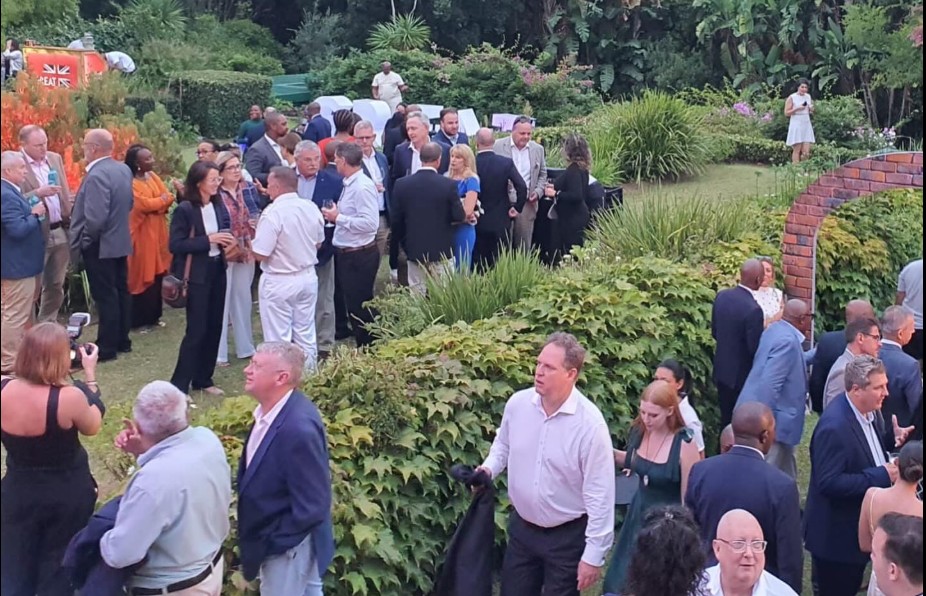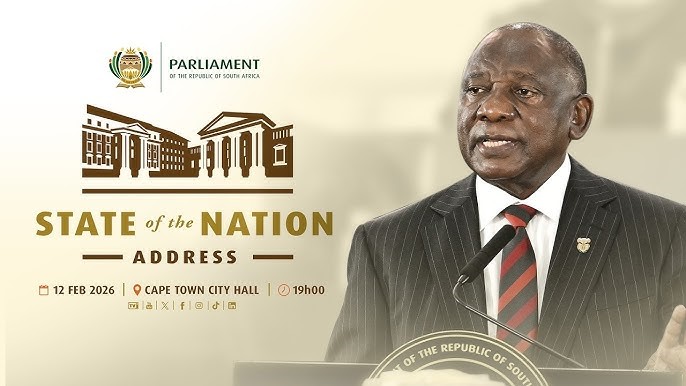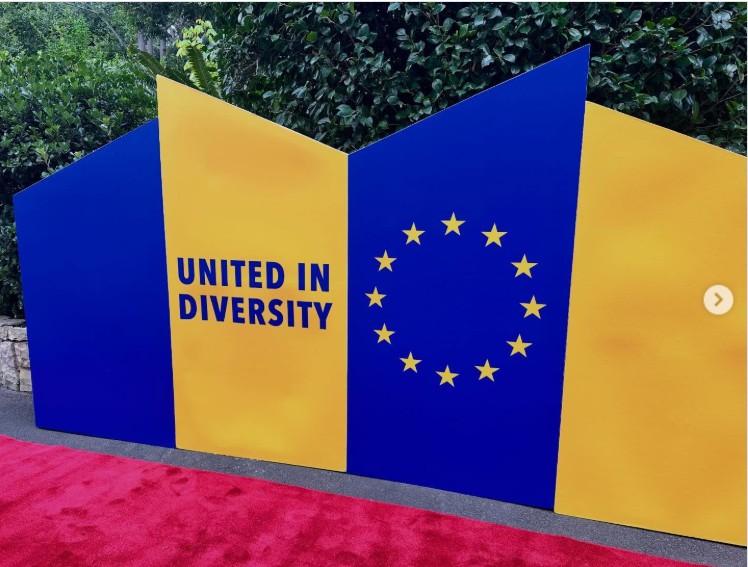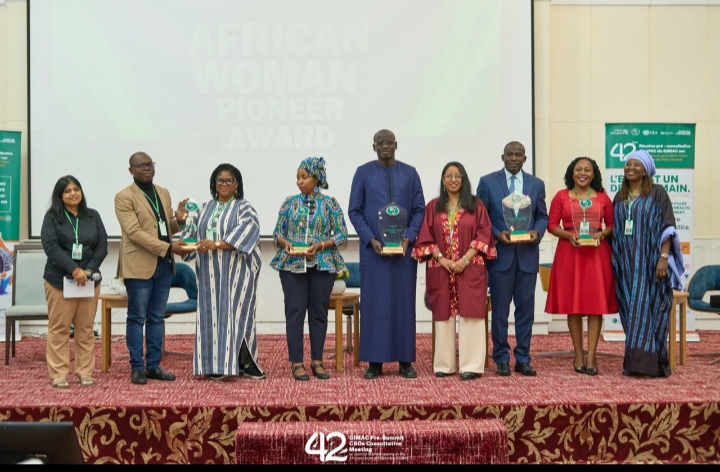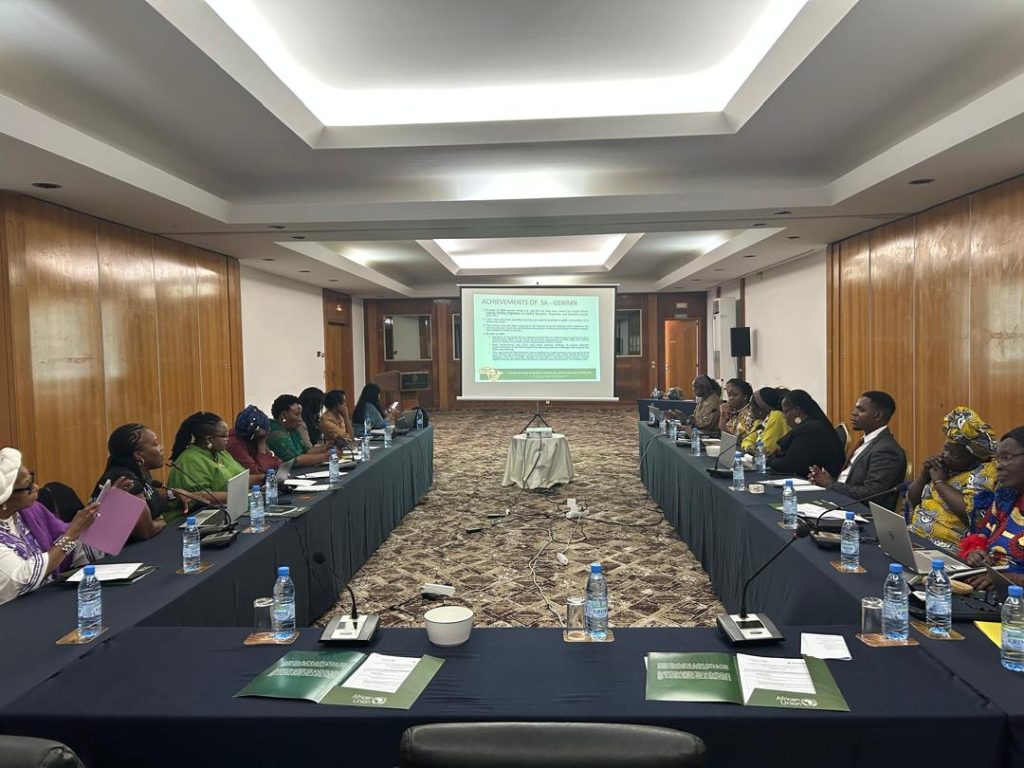On 20–21 May 2025, the African Centre for the Constructive Resolution of Disputes (ACCORD), with support from the Royal Embassy of Denmark, the Royal Norwegian Embassy, and the Embassy of Ireland, convened a hybrid High-Level Seminar in Durban, South Africa, titled “From Policy to Practice: Strengthening Women, Peace and Security in Africa.”
The seminar brought together senior government officials, representatives of the United Nations agencies, the African Union, civil society organisations, youth leaders, and women mediators from across the continent and beyond. Over two days, participants engaged in a series of strategic dialogues aimed at assessing the progress of the Women, Peace and Security (WPS) agenda, identifying persistent challenges, and co-creating a forward-looking roadmap for implementation.
Keynote speakers included H.E. Graca Machel, Chair of the ACCORD Board of Trustees; H.E. Bineta Diop, African Union Special Envoy on Women, Peace and Security; the Founder and Executive Director of ACCORD, Dr Vasu Gounden and senior representatives from the Embassies of Denmark, Norway, and Ireland. Speakers reflected on the historical context that gave rise to UNSCR 1325, the evolution of peacebuilding paradigms, and the urgent need to safeguard the gains made over the past two decades in the face of rising geopolitical instability and shrinking civic space.
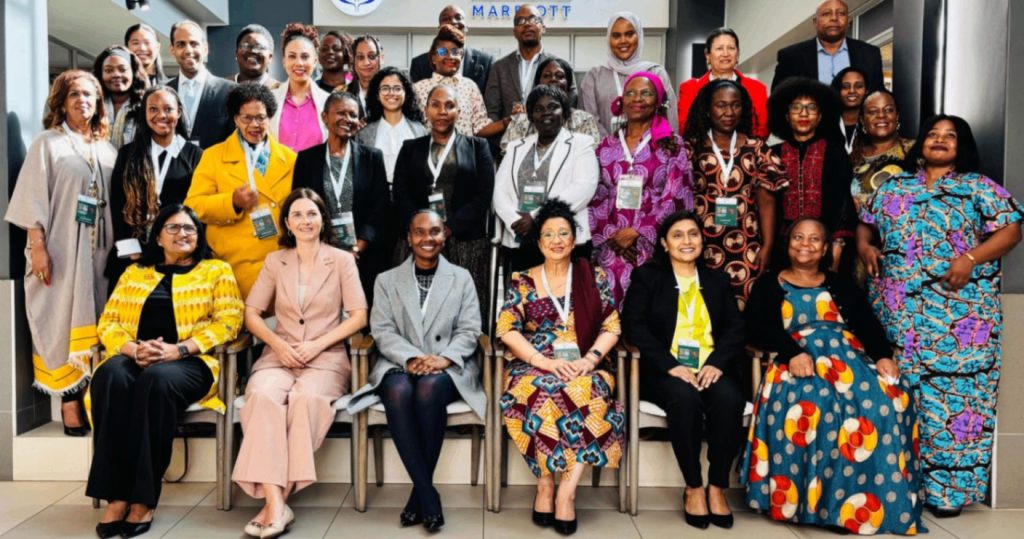
Participants acknowledged the significant strides made across the continent, including the adoption of National Action Plans (NAPs) on WPS by 38 African Union Member States, the establishment of regional women’s mediation networks, and the growing recognition of women’s leadership in peace processes. However, they also noted with concern the persistent underrepresentation of women in formal peace negotiations, the lack of sustainable financing, and the limited integration of WPS principles into national security and development frameworks.
A key highlight of the seminar was the announcement of H.E. Ambassador Liberata Mulamula as the newly appointed African Union Special Envoy on Women, Peace and Security. Ambassador Mulamula underscored the importance of internal reflection, intergenerational solidarity, and strategic mobilisation. “We must consolidate coalitions and build a WPS movement that adapts to the changing climate.” She further committed to using the seminar’s outcomes as a foundation for her mandate.
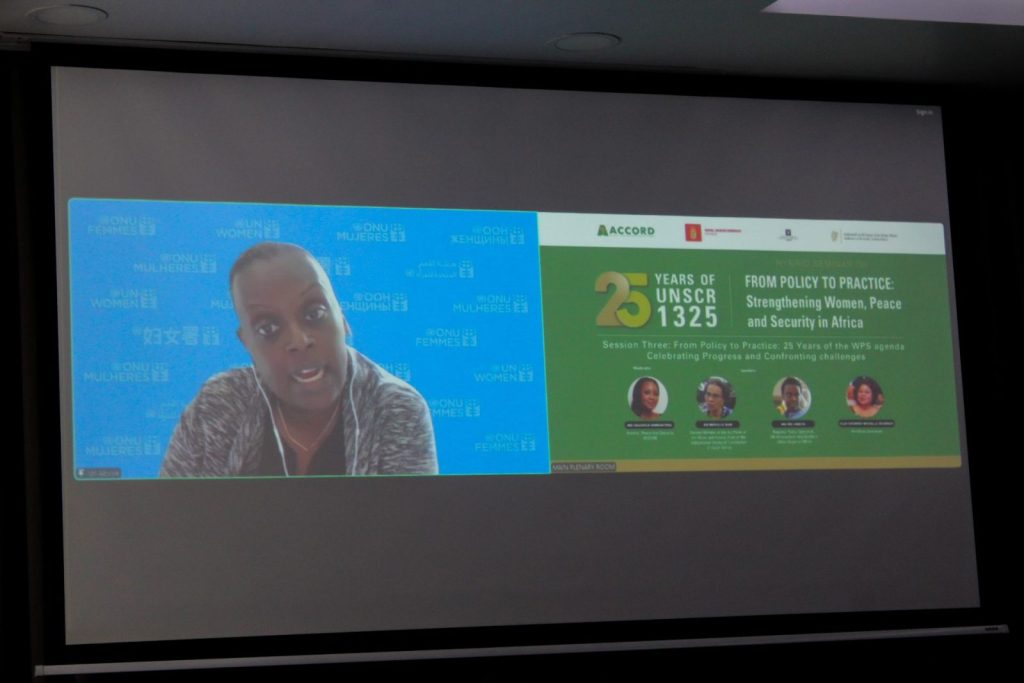
The closing session also featured reflections from participants, who called for a practical, inclusive, and people-centred approach to WPS implementation. Participants emphasised the need to bridge the gap between high-level policy commitments and the lived realities of women and girls in conflict-affected communities.
Throughout the seminar, participants delved into various thematic areas, including the role of women’s mediation networks, the intersection of WPS with climate and humanitarian agendas, the integration of youth perspectives, and the significance of data, accountability, and sustainable financing. The discussions were rooted in African realities and informed by lessons from across the continent, including case studies from Ethiopia, Mozambique, South Africa, and the Democratic Republic of Congo.
The seminar concluded with a strong and deliberate commitment to advance the Women, Peace and Security agenda with renewed urgency for the next 25 years. A collective consensus emerged: Women, Peace, and Security is not a standalone agenda; it is a universal human agenda that demands urgency, investment, and institutionalisation at every level. The policy frameworks exist; the time has come to translate them into coordinated, transformative practice. A comprehensive outcome document and roadmap will be produced by ACCORD to guide future advocacy, programming, and policy engagement.



